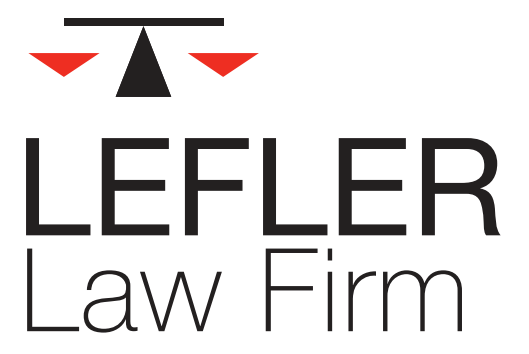Guardianship Essentials: Person vs. Estate
Aug 27 2025 15:00
Understanding Guardian of the Person
When it comes to managing the daily care of a loved one, the role of a Guardian of the Person
is crucial. This type of guardian is responsible for making personal and daily care decisions such as housing, medical care, and education. Imagine a situation involving a minor: the guardian would oversee feeding, clothing, schooling, and health care decisions, ensuring the child's wellbeing is always prioritized. For adults, this can involve coordinating medical appointments and determining the most suitable living arrangements. The focus here is on the personal aspects of care, ensuring the individual's everyday needs and personal welfare are taken care of.
Guardian of the Estate: Financial Stewardship
The Guardian of the Estate
takes charge of managing the financial aspects of a person's life. This involves paying bills, protecting property, and handling other monetary matters. For example, the guardian may need to manage the set-up of a “blocked account,” a mechanism that ensures court oversight of the assets. Whether it’s opening bills or protecting financial assets, this role provides a crucial financial safeguard. Importantly, the guardian of the estate requires regular court oversight to ensure responsible management of the ward's finances.
The Role of Combined Guardianship
Sometimes, a situation arises where Combined Guardianship
is necessary. This is when one person manages both personal care and financial matters. However, it is important to understand that courts have the discretion to appoint separate individuals to these roles when deemed necessary, ensuring that both the personal and financial aspects of care are adequately addressed. This model can simplify the guardianship process, particularly when one individual is well-suited to oversee both domains.
Guardianships vs. Power of Attorney
It's crucial to note that a Guardianship
is not the same as a Power of Attorney (POA). A POA is a voluntary arrangement established by a competent individual, empowering someone else to make certain decisions. In contrast, a guardianship is court-appointed, often when there's no prior legal authority in place. If a person has a financial POA but not a healthcare POA, a guardian might still need to be appointed for medical and personal decisions, adding an extra layer of protection and support.
Court Oversight and Changes
All Guardianship
cases require court involvement, which provides ongoing oversight. This ensures that both personal and estate guardianship roles are being carried out according to legal and ethical standards. Additionally, while guardians can be changed, it is not a decision taken lightly and requires court approval. This legal oversight maintains the integrity of the guardianship arrangement.
Guardianship, while complex, exists as a protective framework for individuals unable to make decisions on their own. If you’re navigating these waters, seeking legal advice is crucial. Consulting a legal professional helps in crafting a plan ensuring that your loved one's care and financial stability are in competent hands.


